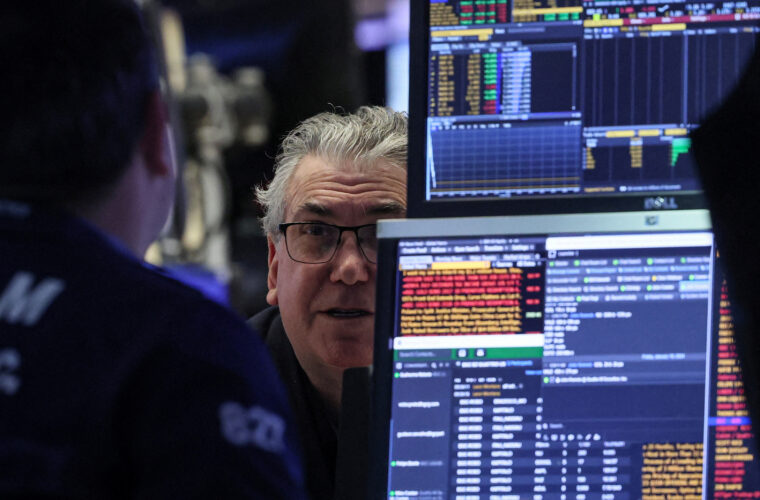In recent years, ESG investing has surged in popularity, especially among younger investors looking to align their financial choices with their values. But what exactly does ESG stand for, and why is it changing the landscape of investing? ESG stands for Environmental, Social, and Governance, three criteria that investors use to evaluate companies beyond traditional financial metrics. ESG investing is not just about choosing profitable stocks; it’s about selecting companies prioritising sustainability, ethical practices, and responsible governance.
What is ESG investing?
ESG investing revolves around the belief that companies should be evaluated based on their environmental impact, social responsibilities, and governance structures. Investors assess how companies handle issues like climate change, employee welfare, and corporate governance. For example, the “Environmental” factor might examine a company’s carbon footprint and waste management practices. At the same time, the “Social” aspect looks at its relationships with employees, suppliers, and the communities it affects. “Governance” covers executive pay, shareholder rights, and transparency. This approach marks a shift from purely profit-driven investment strategies, acknowledging that sustainable and ethical business practices can also yield long-term financial rewards.
Why is ESG investing growing?
A key driver of ESG investing is a heightened awareness of global issues like climate change and social justice. Younger generations, particularly Gen Z and millennials, are more conscious of these issues and prefer investments that reflect their values. They want their money to support businesses that are positively impacting the world rather than simply focusing on profit. Additionally, the pandemic amplified the importance of corporate responsibility, with investors paying closer attention to how companies treat their employees and communities. As a result, more people are looking for ethical ways to grow their wealth, making ESG investing a natural choice.
The role of regulatory changes
With the rise of ESG, regulatory bodies around the world have begun pushing for more transparency and accountability. Many governments are now mandating that companies disclose their environmental and social practices, making it easier for investors to see which companies truly commit to ESG principles. These regulations ensure that companies can’t simply claim to be “sustainable” or “ethical” without proving it. For investors, this means better access to reliable information, allowing them to make informed decisions and avoid “greenwashing”—a practice where companies exaggerate or fabricate their ESG commitments to attract investors. As regulations continue to develop, companies will need to uphold high standards of transparency to maintain investor trust.
Performance of ESG investments
One common misconception about ESG investing is that it requires sacrificing financial returns for ethical values. However, research increasingly shows that ESG investments can perform just as well, if not better, than traditional investments. Studies have found that companies with strong ESG practices often see improved operational performance, lower risk, and reduced capital costs, leading to long-term financial success. For instance, businesses focusing on sustainability may attract loyal customers and employees, while those with strong governance practices tend to avoid costly scandals and maintain stable leadership. This evidence challenges the idea that ethics and profitability are at odds, suggesting instead that companies committed to ESG principles are better positioned for future growth.

Is ESG investing just a trend?
Given the increasing demand for transparency and corporate responsibility, it seems unlikely that ESG investing is a fad. The trend shows no signs of slowing down, with major investment firms such as BlackRock and Goldman Sachs committing to ESG-focused funds and sustainable finance initiatives. ESG is becoming a fundamental part of how investors assess company value and risk, especially as public awareness of social and environmental issues grows. In fact, ESG investing could be seen as a response to a fundamental shift in society’s expectations of businesses. Companies are now expected to contribute positively to society and the environment, not just to their shareholders’ profits. This shift reflects a broader change in how people view the role of business in the world.
The risks and challenges of ESG investing
Despite its growth, ESG investing still faces several challenges. One of the most significant is the lack of standardisation in ESG reporting. It’s difficult to compare companies’ ESG performance across industries or regions without a universal framework. This lack of standardisation can make it challenging for investors to determine which companies genuinely meet ESG criteria and are merely engaging in greenwashing. Greenwashing is a major issue within ESG investing. Some companies may use superficial sustainability initiatives as a marketing strategy to attract investors. For example, a company might promote a single environmentally friendly product while neglecting larger sustainability practices. This deceptive approach can mislead investors and hinder the growth of genuine ESG-focused companies. To navigate these challenges, investors must conduct thorough research and stay informed about ESG standards. As reporting requirements become more stringent, greenwashing is expected to become less of an issue, allowing ESG investments to reflect companies’ values more accurately.
The future of ESG investing
Looking ahead, the rise of ESG investing appears to be paving the way for a more sustainable and ethical financial ecosystem. With continued pressure from investors, companies are likely to adopt better environmental, social, and governance practices. As ESG criteria evolve, they will provide investors with even more effective ways to measure the impact of their investments. For new investors, ESG investing offers an opportunity to connect financial goals with personal values. It’s a chance to support companies that contribute positively to society while potentially benefiting from solid financial returns. As awareness of ESG grows, so does the demand for companies to improve their standards, creating a cycle that encourages responsible corporate behaviour.
The rise of ESG investing also holds implications for the broader economy. More capital flows into ESG funds incentivise companies to adopt sustainable and ethical practices to attract investment. This shift could gradually lead to an economic system prioritising long-term value over short-term gains, ultimately benefiting society.



